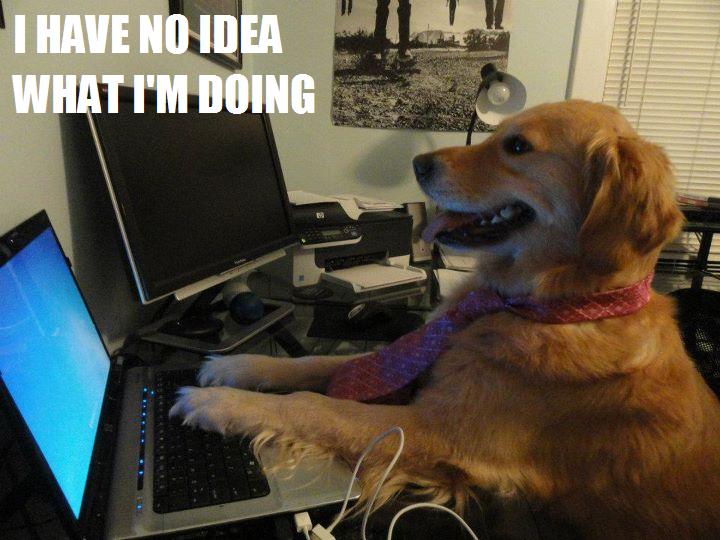Founder thoughts
26 Jun 2014
I've read a couple of posts by startup founders recently that mentioned how it's expected of a founder to always be positive when asked how your startup's going. Nikki's post about how it feels to be shutting down her startup mentioned this. Nikki also said she wished she had been able to read about the emotional turmoil of shutting down a startup, so she would have felt less alone.
With these two things in mind, I thought I'd write about some emotional struggles I've had lately. I've always been drawn to journalling when I'm upset or stressed, but if sharing this stuff publicly can help others, then I might as well post it here instead.
So here are some things that have been keeping me up at night or making it hard to concentrate during the day.
Thinking about whether people like me or not.
Empirically, it seems like the more you need from other people in the startup community (advice, introductions, feedback, funding), the more of a popularity contest it feels like. I sometimes feel like I spend more energy thinking about how to impress people and what they think of me than I do on real work.
Worrying that I don't know what I'm doing.

I mentioned before that a couple of people have said founders are required to have a positive response every time we're asked how things are going. I think it's funny that it seems common for founders to reflect on their early days and admit they didn't know what they were doing, but when I speak to founders currently running startups, few of them would say that's the case now.
Anyway, this is something I worry about a lot. I worry that I'll be found out as a fraud, or told I'm not good enough to be a startup founder. I worry that I don't have enough to offer. Funnily enough, I don't worry about this in regards to our customers. I never worry about what our customers will think of me, or whether we can build something they love—I'm confident that we're on our way there already. All the worry comes from thinking about investors, advisors or other startup founders.
Second-guessing myself.
I guess you could say all of these are about second-guessing myself, but this one is more specifically the habit of questioning decisions I've made (or that Josh and I have made together, which isn't fair on him), ideas I've had, and how I've answered questions about Exist or pitched it. I take every little personal flaw I can think of and use them to argue with myself about my ability to run a startup.
But here's my biggest worry of all: telling anyone about the worries in my head.
I don't paint a very positive picture of myself as a capable startup founder, do I? And what would happen if everyone knew? Well, I'm about to find out. I'm already working against the odds by running a startup as a female. Now I've taken it a step further by being open about my insecurities. If there's one thing I am confident about, it's doing things I believe in, regardless of whether they're the accepted norm.
For instance, counselling is one of the most useful experiences I've ever participated in, but lots of people still won't try it because of the stigma attached. That stigma is less than it used to be, but the change is coming slowly.
We startup founders are always making and changing the rules in tech, an industry that moves faster than most. Let's make it okay to talk about how tough it is, and let's help each other through it.
Forget stigma: I'm insecure and scared. Are you?
P.S. A great example of a brave founder admitting how hard the journey is emotionally is Tom Howard from Adioso. He wrote three excellent blog posts about his struggles.
P.P.S. I can't underestimate the role Josh plays in keeping these worries at bay—having a co-founder who has your back and will give you compliments when you're feeling insecure makes a huge difference.